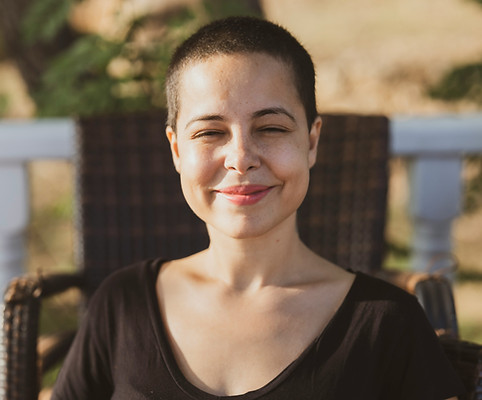
WHAT IS AYA?
AYA is an acronym that stands for adolescent and young adult. AYA oncology is defined by the National Cancer Institute as cancer care, or research focused on those diagnosed with cancer between the ages of 15 to 39 years old.
There are many reasons for this age definition, both biological (menarche to menopause) and developmental (independence from your parents’ care to taking care of your parents).
The age range is meant to be broad enough for inclusivity, but it is accepted that only a subgroup of the age range might be appropriate for a given task (like a support group).
AYA cancer accounts for more than 6% of all cancer diagnoses each year, 8X as many cases as pediatric cancers, less than 1% of all cancer diagnoses during the same period.
The extraordinary focus on pediatric cancer has resulted in extensive improvements in survival for children.
There is specialized training for physicians and nurses, dedicated clinical trial networks, designated research agendas, and budgets, specialized inpatient and outpatient environments, and more.
There is a limited focus and are even fewer resources for the AYA population.
AYA oncology needs a focus similar to pediatric oncology to improve survival and quality of life.
EVERY YEAR, ALMOST
AYAs are diagnosed with cancer in the U.S.
90,000
What's different about having cancer as a young adult?

In general, we have pediatric hospitals that cater to children (average age approx 7) and adult facilities that cater to their average patient (about 70). In both, an AYA may feel like Goldilocks, not quite fitting in. Providers at an adult hospital may not be as familiar and experienced with cancer that happen commonly in children and providers at a pediatric hospital may not have expertise in cancer types that are more common in older adults. In all cases, cancer during the AYA years may be different biologically than the same cancer in other aged patients and special attention should be paid to these differences.
"I'm too young for this"
Not that cancer at any age is expected, but cancer is out of left field for most AYAs, who felt they were in the prime of their life, health, even invincible. It's even hard for some doctors to consider and sometimes there are delays in diagnosis because of this.
Unlike older adults, most young adults are not as established in their career, family, and social circles, and may not have the structure and support around that would help in hard times. You may be less likely to have financial reserves, or be able to keep your job, and you may have to move home to parents for help.
Young adults do not have time for cancer. You probably had plans for Friday night, next month, and next year. It's not fair to have all that upset by this. You will feel you are instantly behind your peers in your academic, social, and professional goals.












